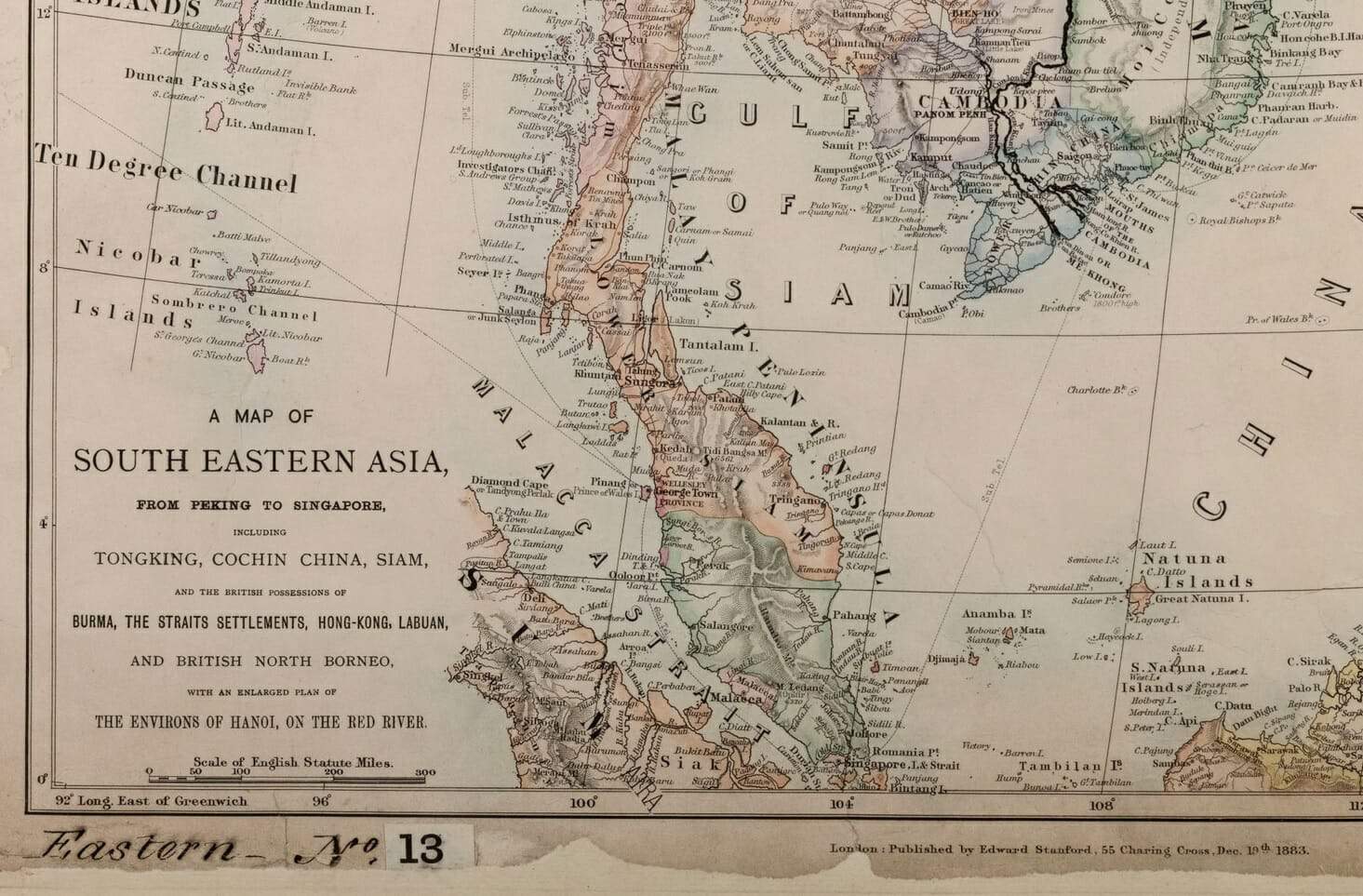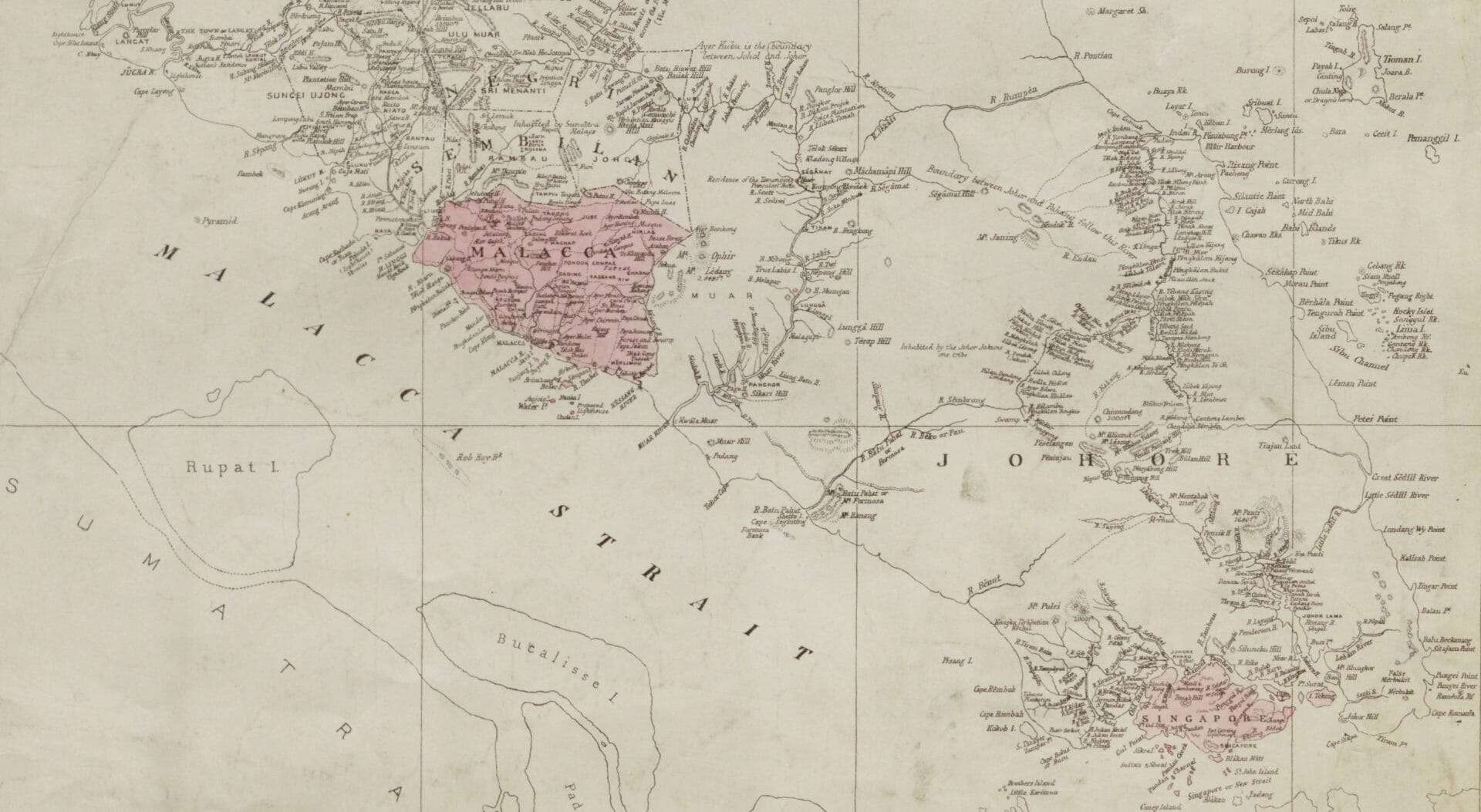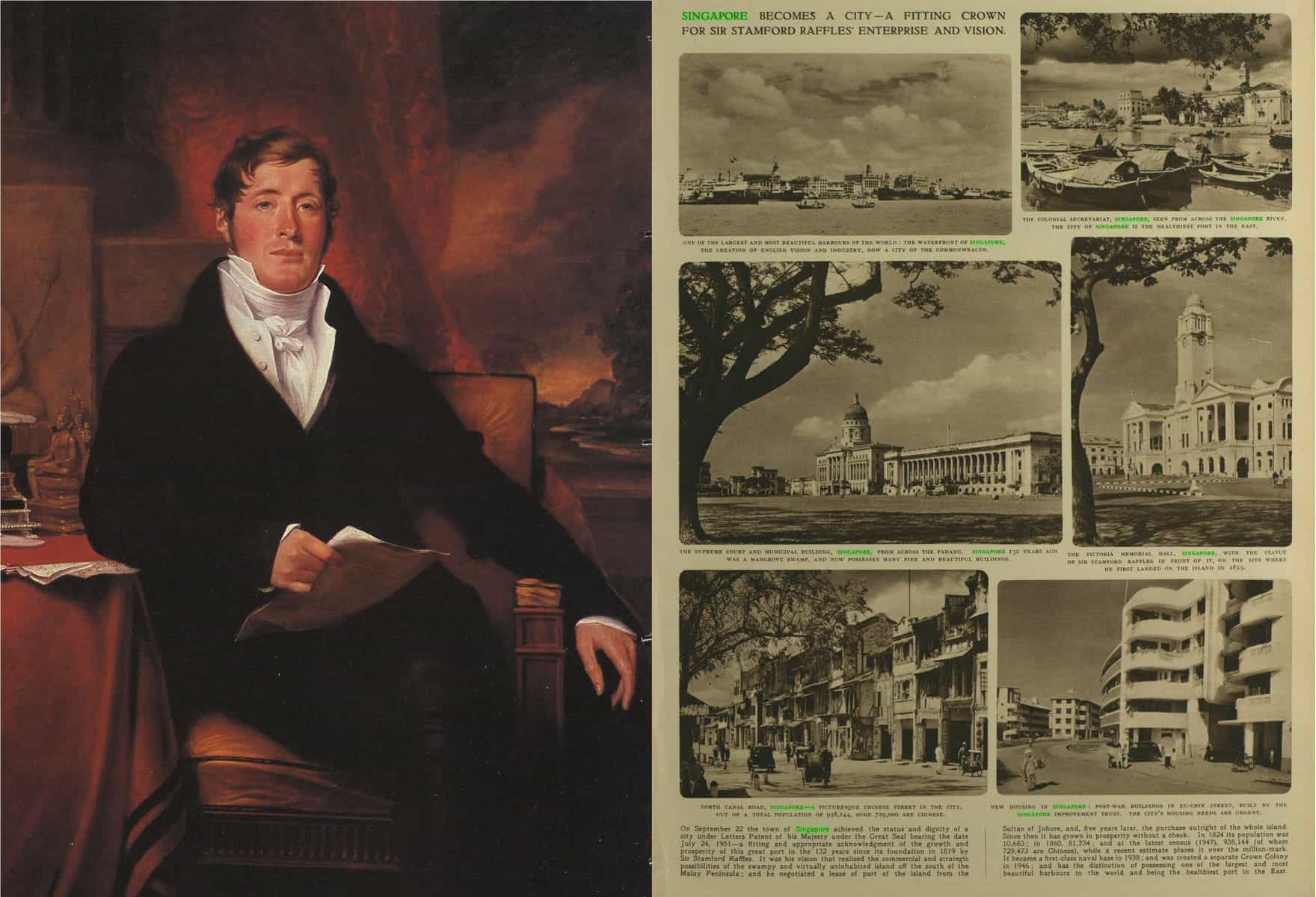│By Dr Lucy Dow, Gale Content Researcher│
The recently published State Papers Online Colonial: Asia, Part I: Far East, Hong Kong, and Wei-Hai-Wei spans over four hundred years of British Colonial Office files, from the 1550s to 1970s. Britain’s colonial rule in Asia took various forms through the period and within different territories, with varying degrees of control, from local autonomy apart from defence and foreign relations, to full British administration. While some local people benefited from their involvement with the British, many colonised peoples suffered and resented colonial rule. This resentment led to resistance to British colonial authority, in various ways and to differing extents from territory to territory.
In the twentieth century, and particularly following the complete failure of the British to protect the local communities from Japanese invasion during the Second World War, the cumulative effect of this resistance, combined with other geopolitical factors, led to the rapid reduction in the size of British Empire, as former colonies secured their independence in what is now referred to as the period of decolonisation. The primary sources in this online archive document this change in the political landscape of Asia and Britain, as explored in the examples below.



